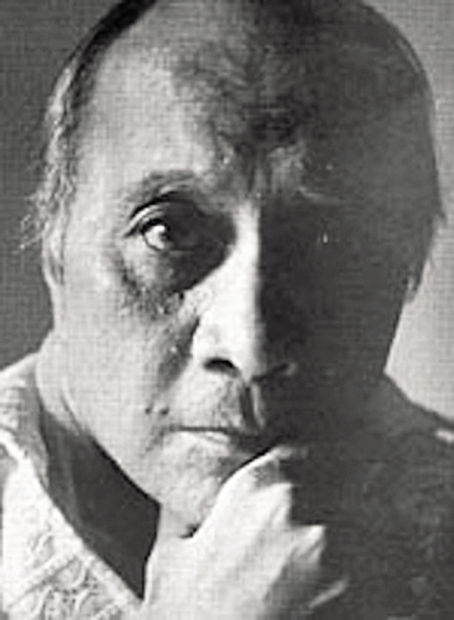Sammy Amalu (1917-1986), Hawaii con man and longtime columnist at The Honolulu Advertiser, was born in Kauai’s Koolau District, the son of Charles and Ethel P. Amalu, and the grandson of Kilauea Lighthouse keeper Samuel Apollo Amalu. Amalu, who
Sammy Amalu (1917-1986), Hawaii con man and longtime columnist at The Honolulu Advertiser, was born in Kauai’s Koolau District, the son of Charles and Ethel P. Amalu, and the grandson of Kilauea Lighthouse keeper Samuel Apollo Amalu.
Amalu, who professed to be a descendant of Hawaiian royalty, was also known — among his other aliases — as High Chief Kapiikauinamoku, the Prince of Keawe, the Duke of Konigsberg and Samuel Crowningburg-Amalu.
In 1967, while incarcerated at Folsom Prison for writing bad checks, he mailed articles he’d written in prison about Hawaii and the Hawaiian people to his former Punahou classmate, Thurston Twigg-Smith, then publisher and president of the Advertiser.
Twigg-Smith liked what the newspaper’s editor Buck Buchwach once described as a “beautiful writing style that sends out flashes of the erudite historian, the articulate socialite, the master put-on artist and the cheeky observer” and published Amalu’s work until 1984.
Years earlier, a patriotic Amalu had enlisted in the Army on Dec. 7, 1941, only to discredit himself two weeks later by being caught impersonating an officer.
Similarly, he once achieved notoriety throughout Japan by posing as a Hawaiian prince.
In San Francisco, he likewise played a credible role as an Indian maharajah and persuaded two San Francisco auto dealers that his bogus checks for $99,000 were good to cover the purchase of several expensive cars.
Then there was the infamous Mystery Hui scam of 1962, for which he is best known.
Incredibly, Amalu and his confederates, while falsely representing themselves as pro regents of a Swiss presidium that did not actually exist, were able to convince several Hawaii businessmen that they were the genuine article and offered the entrepreneurs about $50 million to purchase five Waikiki hotels and lands on Oahu and Molokai.
The hoax ended after Amalu — who really had no money — wrote two checks backed by insufficient funds in connection with the Mystery Hui and consequently landed himself in prison.


